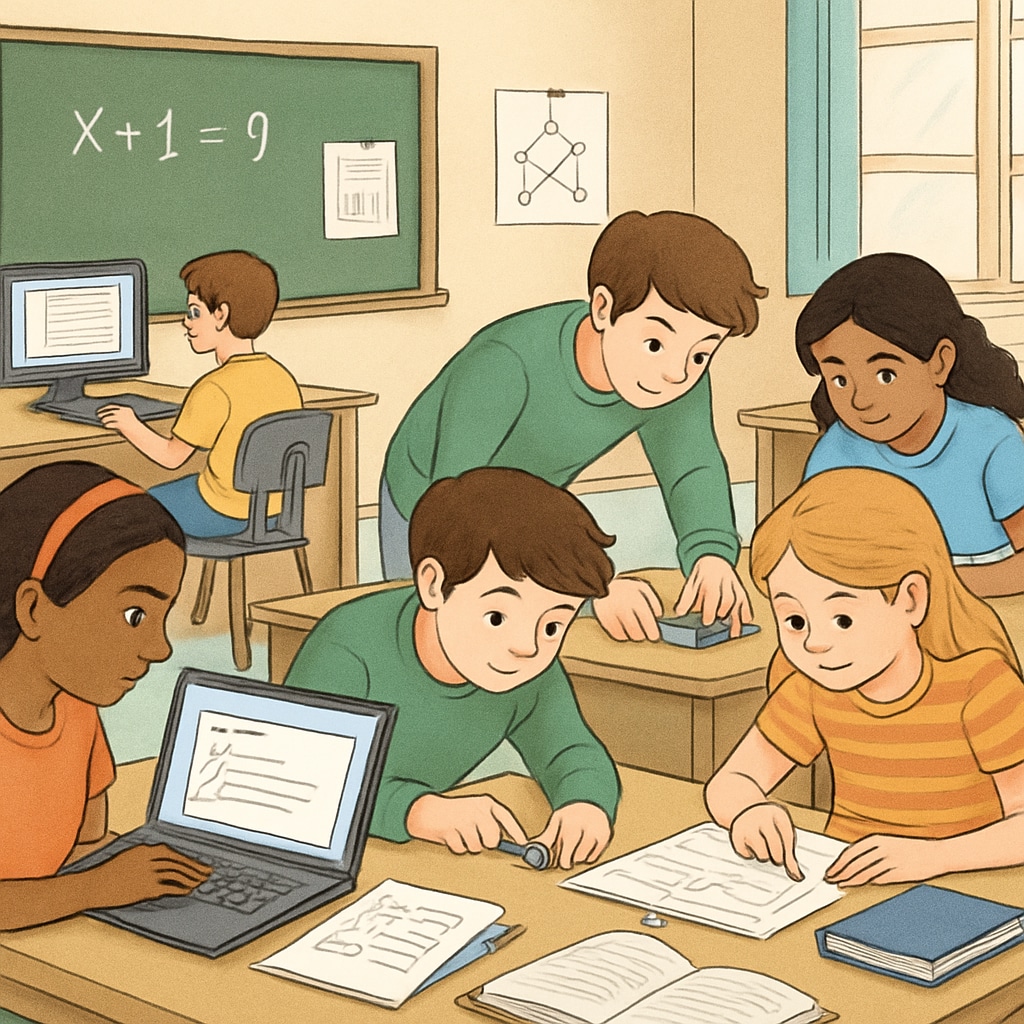The growing gap between unemployment rates, education systems, and academic achievement has provoked critical discussions about the relevance of K12 education. Despite the increasing focus on grades and test scores, many students find themselves ill-equipped to meet the demands of the modern labor market. This disconnect begs the question: Is prioritizing academic excellence in K12 education truly serving students’ futures, or is it time to rethink how education prepares them for life beyond the classroom?

Academic Achievement vs. Career Readiness
Traditionally, K12 education has been designed around the idea that strong academic performance guarantees success. Parents, educators, and policymakers have long equated high grades and test scores with brighter career prospects. However, as unemployment rates remain stubbornly high, cracks in this belief have become impossible to ignore. Many graduates, even those with stellar academic records, struggle to find jobs that match their qualifications or offer stable incomes.
The problem lies in the mismatch between what schools teach and what employers need. For example, while students might excel at theoretical mathematics or literary analysis, critical workplace skills such as problem-solving, communication, and adaptability are often overlooked. As a result, the emphasis on academic achievement often fails to translate into real-world career readiness.
Why the Current System Falls Short
Several factors contribute to the disconnect between education and employment. One major issue is the rigidity of the curriculum. K12 education often prioritizes standardized testing and rote memorization over experiential learning or skills development. Furthermore, the limited exposure to practical, career-oriented subjects like financial literacy, technology, or entrepreneurship leaves students unprepared for the realities of the job market.
Additionally, the rapid evolution of industries fueled by technological advancements has shifted the types of skills employers value. For instance, careers in artificial intelligence, digital marketing, and renewable energy require specialized knowledge that typical K12 curricula fail to address. As a result, graduates often find themselves competing in a job market that demands qualifications they lack.

How K12 Education Can Evolve
To bridge the gap between education and employment, K12 systems must undergo a paradigm shift. Below are key strategies for rethinking education:
- Integrating Career-Oriented Learning: Schools should introduce subjects that align with emerging industries, such as coding, data analysis, and environmental science.
- Developing Soft Skills: Communication, teamwork, and adaptability are equally important as technical knowledge. Incorporating these into the curriculum can give students a competitive edge.
- Fostering Experiential Learning: Internships, apprenticeships, and project-based learning offer students practical experience, making them more employable.
- Emphasizing Lifelong Learning: Encouraging curiosity and adaptability ensures students remain relevant as industries evolve.
Rethinking Success Beyond Academic Achievement
In a high unemployment era, equating academic success with career stability does a disservice to students. Instead, success should be measured by how well education prepares students to navigate life’s complexities, including employment. Schools must focus not only on grades but on equipping students with real-world skills, critical thinking, and resilience.
For example, Finland’s education system, which emphasizes creative problem-solving and personalized learning, serves as an excellent model. By tailoring education to individual strengths and interests, students are better prepared for diverse career paths. Similarly, initiatives like vocational training programs in Germany demonstrate how blending academic learning with practical skills can reduce unemployment rates.
As a result, rethinking K12 education to meet the demands of the 21st-century job market is not just an option; it’s imperative.
Readability guidance: Use concise paragraphs and lists to improve readability. Ensure a balanced tone, avoiding excessive jargon while maintaining professionalism. Incorporate transitions like “however,” “for example,” and “as a result” throughout the text.


